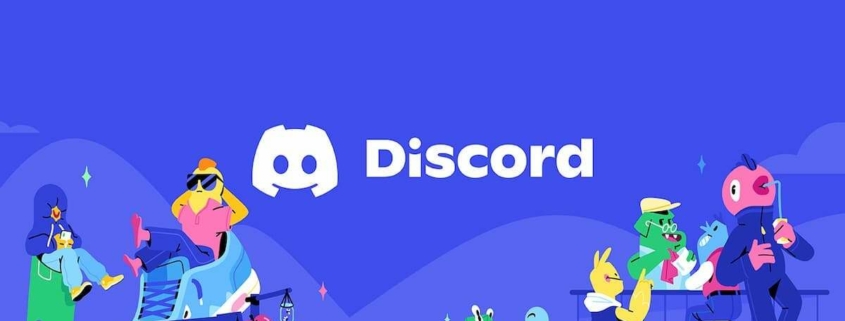Discord Reverses Privacy Policy Changes After AI Backlash
When Discord launched its new AI-assisted version of chatbot Clyde, users also noticed that the company had deleted a clause from its privacy policy that said it wouldn’t store the contents of calls, streams, or channels. Discord has now reinstated that clause, as well as clarifying how its AI tools would use and store data.
As reported by Gizmodo, the changes to Discord’s privacy policy left users unsettled, especially when paired with the launch of new AI tools including an improved version of Clyde that uses OpenAI, a new tool to create easy conversation summaries, and the introduction of AutoMod AI. The changes were only live for one day, after which Discord reinstated the original privacy policy.
The policy now reads: “We generally do not store the contents of video or voice calls or channels. If we were to change that in the future (for example, to facilitate content moderation), we would disclose that to you in advance. We also don’t store streaming content when you share your screen, but we do retain the thumbnail cover image for the stream for a short period of time.”
In a statement sent to Gizmodo, Discord said “We recognize that when we recently issued adjusted language in our Privacy Policy, we inadvertently caused confusion among our users. To be clear, nothing has changed and we have reinserted the language back into our Privacy Policy, along with some additional clarifying information.” The company did not explain why the language had been removed from the policy to begin with.
Discord also updated its blog post about new AI tools explaining how they do and do not use user data. “Our AI features use OpenAI technology, but OpenAI cannot use Discord user data to train its general models. Like other Discord products, these features can only store and use information as described in our Privacy Policy, and they do not record, store, or use any voice or video call content from users.” The updated paragraph ends with Discord committing once again to notifying users in advance if this policy is going to be changed.
The products discussed here were independently chosen by our editors. GameSpot may get a share of the revenue if you buy anything featured on our site.




